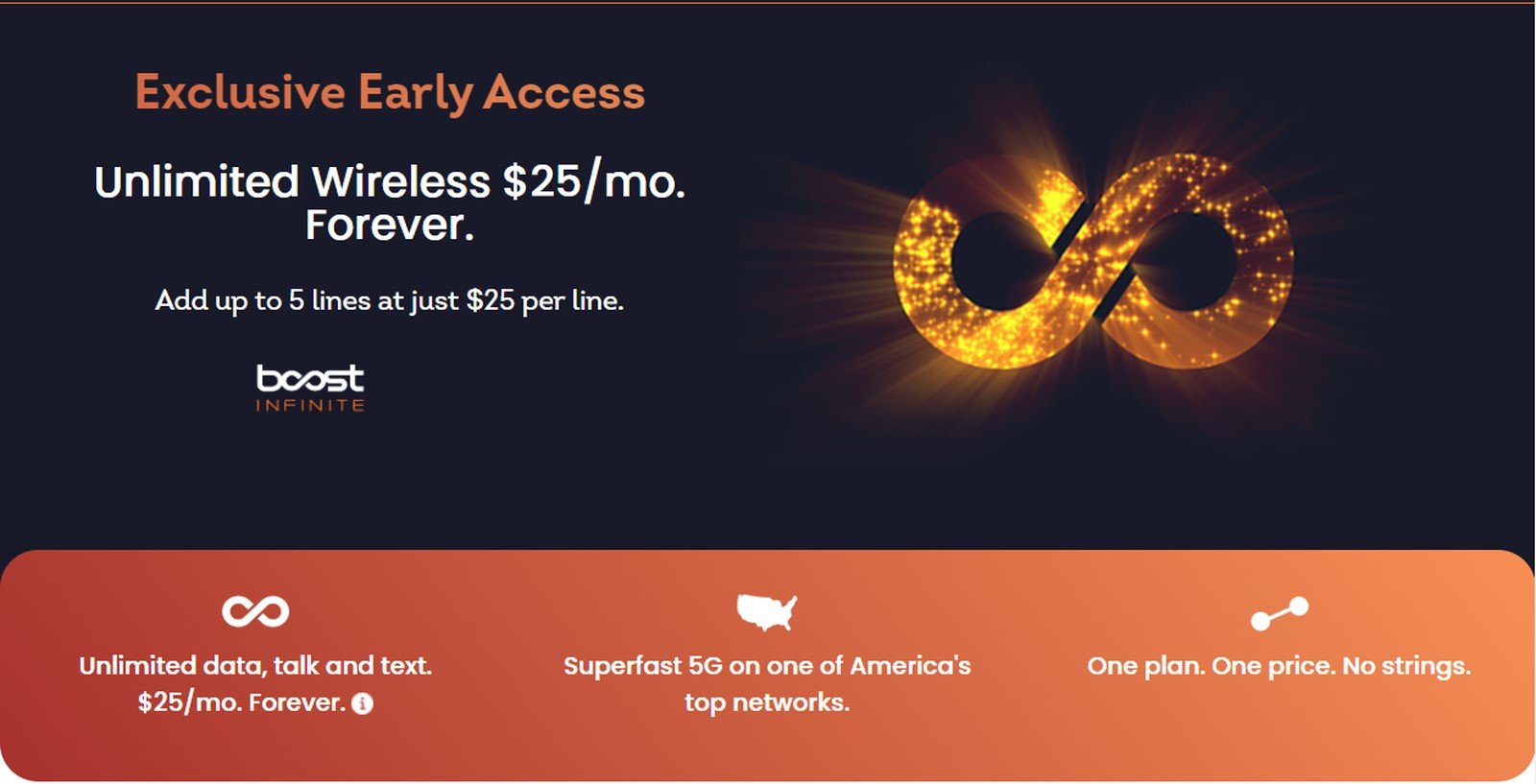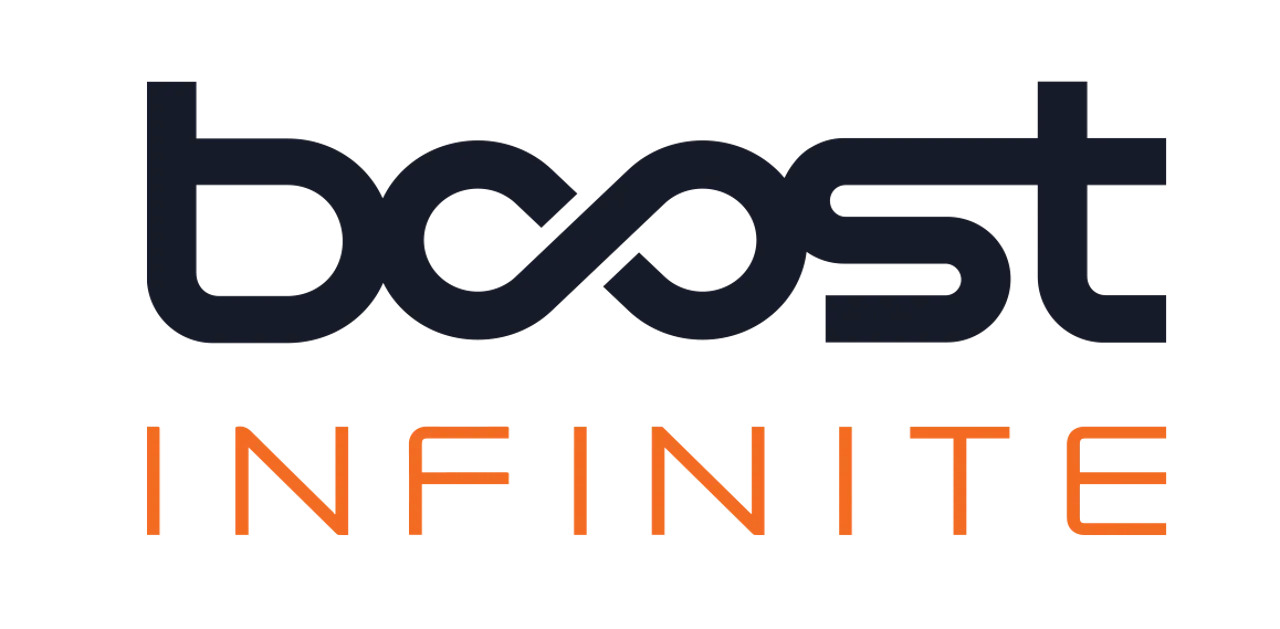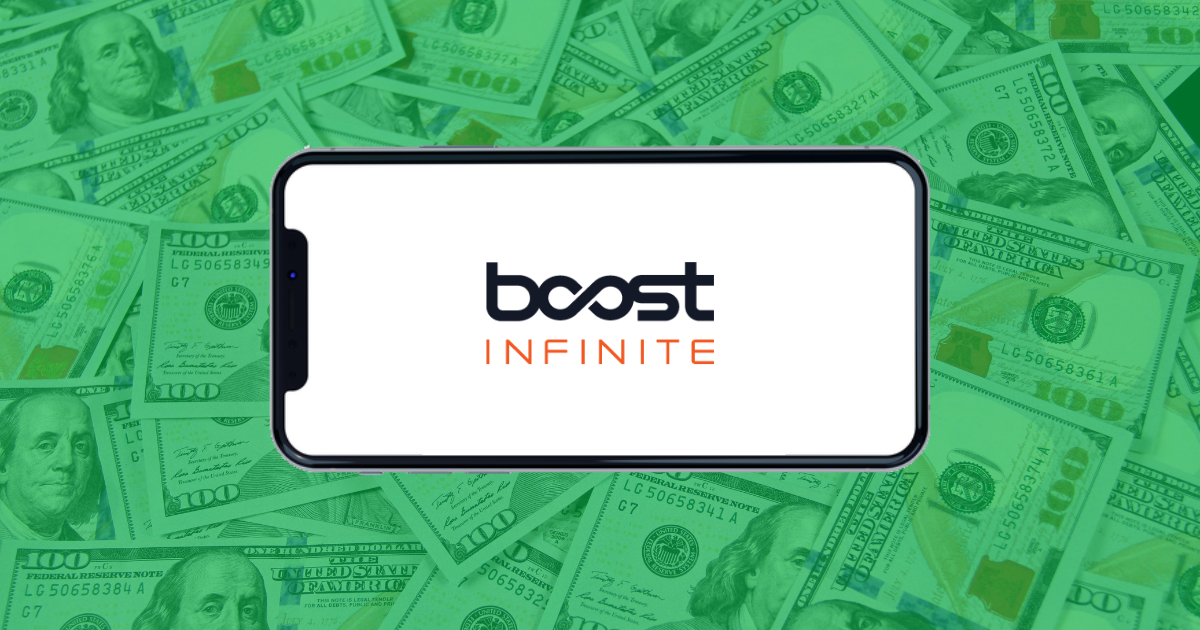Boost Infinite Phones For Sale – This pride comes not just from the product itself, but from knowing that you are supporting a tradition of craftsmanship and care. In times of financial hardship, such as during recessions or periods of high unemployment, more people may turn to second-hand goods as a way to save money. The business-for-sale market continues to evolve, influenced by economic trends, technological advancements, and shifts in consumer behavior, but one thing remains clear: buying and selling businesses will always be a fundamental part of the global economy. In many cases, sellers may work with business brokers, financial advisors, or accountants to help value the business and identify potential buyers. This stage can involve a variety of specialists, such as accountants, lawyers, and industry experts, who can provide a comprehensive evaluation of the business. While some people may be hesitant to purchase pre-owned electronics due to concerns about quality or reliability, the second-hand market for electronics has become increasingly trustworthy. Whether it's old furniture that no longer fits with their style, clothing that no longer fits, or electronics they no longer use, selling second-hand items allows individuals to recoup some of the money they spent on these goods. Whether buying vintage clothing, upcycled furniture, or pre-owned electronics, the growing popularity of second-hand shopping reflects a broader desire for more sustainable, creative, and conscious ways of living. In recent years, the market for businesses for sale has been affected by several global and local economic factors. The marketplace for second-hand items continues to grow, driven by economic, environmental, and cultural factors. A home is more than just walls and a roof; it’s where memories are made, where families grow, and where life unfolds. From the most trivial items in a dollar store to the most precious works of art in a museum, everything can be assigned a price. When everything becomes a transaction, we risk losing sight of what truly matters. Sellers can list items with detailed descriptions and high-quality photos, giving potential buyers a clear understanding of what they are purchasing. For those who enjoy the tactile experience of shopping and the sense of discovery that comes with it, thrift stores offer a personal and immersive way to shop for second-hand items. Second-hand record stores and online marketplaces like Discogs have become hotspots for vinyl enthusiasts, providing a platform for buying, selling, and trading records. For sellers, the market for second-hand goods offers an opportunity to declutter their homes and make some extra money. A new smartphone, for example, can cost hundreds of dollars, but buying a used one can cut the price down by more than half. Some goods, like a fine Swiss watch, carry decades or even centuries of tradition, built on a reputation of precision and excellence. There’s a certain art to selling something.

Boost Infinite Plans
No online activation feesglobal talk & text5g speedy data$25/mo.

Boost Mobile vs Boost Infinite What's the difference? Android Authority
No online activation feesglobal talk & text5g speedy data$25/mo.

Boost Infinite Unlimited Talk, Text & Data Wireless Plan
No online activation feesglobal talk & text5g speedy data$25/mo.

boostinfinite
No online activation feesglobal talk & text5g speedy data$25/mo.

Boost Infinite Behance
No online activation feesglobal talk & text5g speedy data$25/mo.

Boost Mobile vs Boost Infinite What's the difference? Android Authority
No online activation feesglobal talk & text5g speedy data$25/mo.

Boost Infinite Review ConsumerRating
No online activation feesglobal talk & text5g speedy data$25/mo.

Boost Infinite Early Access New 25 Monthly Unlimited Postpaid Phone Plan
No online activation feesglobal talk & text5g speedy data$25/mo.

Boost Infinite Behance
No online activation feesglobal talk & text5g speedy data$25/mo.

Boost Infinite Behance
No online activation feesglobal talk & text5g speedy data$25/mo.
Second-hand markets also promote the idea of a circular economy, an economic system that focuses on reducing waste and reusing products. The world of second-hand goods for sale is vast and varied, encompassing everything from clothing, electronics, and furniture, to books, antiques, and collectibles. Therapists offer their services for a fee, and online courses promise to give us the knowledge we need to succeed — all in exchange for money. It’s a world where even personal growth, self-actualization, and emotional healing are framed as commodities, available for purchase at any time, but only if you’re willing to pay the price. They remind us that, despite living in a world where everything is for sale, there are some things that remain priceless. Take, for example, a high-quality piece of furniture — a well-crafted sofa or dining table can last for decades if maintained properly. Perhaps the most troubling aspect of the idea that everything is for sale is how it can shape the way we view the world and each other. While some people may be hesitant to purchase pre-owned electronics due to concerns about quality or reliability, the second-hand market for electronics has become increasingly trustworthy. The environmental benefits of buying second-hand goods go beyond just reducing the need for new production. Whether buying vintage clothing, upcycled furniture, or pre-owned electronics, the growing popularity of second-hand shopping reflects a broader desire for more sustainable, creative, and conscious ways of living. These goods aren’t just products; they are symbols of craftsmanship, heritage, and pride. Websites and apps like eBay, Craigslist, Facebook Marketplace, and Poshmark have made it easier than ever to find second-hand goods for sale, offering a wider selection and more convenience than traditional brick-and-mortar stores. This can bring about feelings of uncertainty, as there’s no guarantee that the right buyer or partner will come along. The notion suggests a world where anything and everything, regardless of its intrinsic value, can be bought, sold, or traded. The culture of buying second-hand goods is rapidly shifting in the modern world, particularly among younger generations. Quality goods transcend trends and fleeting fads. The idea of buying things that were once owned by someone else is no longer considered taboo or lesser; rather, it has become a lifestyle choice for those who want to make smarter, more ethical purchasing decisions. For those who are passionate about antiques, art, and memorabilia, the second-hand market offers endless possibilities for finding unique and valuable items that can be passed down through generations or added to a collection. Additionally, there is the challenge of integrating the business into their existing operations and ensuring that it continues to thrive under new ownership. It’s a phrase that, at first glance, may seem simple and straightforward.
Regardless of the reason, the sale of a business is an event that requires careful planning, transparent communication, and strategic negotiations. Millennials and Gen Z, in particular, have embraced the idea of second-hand shopping as a way to challenge consumerism, reduce waste, and express their individuality. The digital age has also transformed the way things are bought and sold. Whether through thrift stores, flea markets, online platforms, or garage sales, second-hand goods provide consumers with an opportunity to find items they might not otherwise be able to afford, while also contributing to a circular economy where products are reused and repurposed. Second-hand items are typically sold for a fraction of their original price, making them an attractive option for individuals on a budget. For book lovers, buying second-hand books is an affordable way to build a library, and it can also be an opportunity to find rare or out-of-print titles that are no longer available in stores. In conclusion, second-hand goods for sale represent more than just a financial transaction; they embody a shift toward sustainability, individuality, and social responsibility. The dynamics of a sale can vary dramatically depending on the context. On the other hand, buyers may seek to negotiate lower terms based on the findings from their due diligence or their assessment of the business’s future potential. It forces us to ask difficult questions about ownership, worth, and the limits of human desire. This shift from a linear economy, where products are made, used, and disposed of, to a circular one, where products are continually reused and repurposed, is a step towards a more sustainable and environmentally friendly world. In addition to offering unique items and affordable prices, many second-hand stores also serve an important social and community function. Even objects with little intrinsic value can be sold with great meaning. These platforms have also made it easier for individuals to sell their own pre-owned goods, turning unused or unwanted items into cash. The growing interest in second-hand goods can also be attributed to shifting cultural attitudes toward consumption. Perhaps the most troubling aspect of the idea that everything is for sale is how it can shape the way we view the world and each other. Whether buying or selling, the process requires careful consideration, transparent communication, and a thorough understanding of both the financial and operational aspects of the business. When everything becomes a transaction, we risk losing sight of what truly matters. One of the major environmental concerns with new products is the waste that they often generate at the end of their life cycle. These goods aren’t just products; they are symbols of craftsmanship, heritage, and pride.